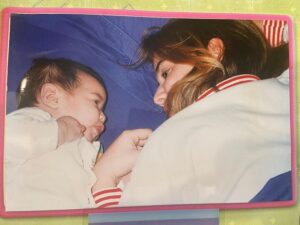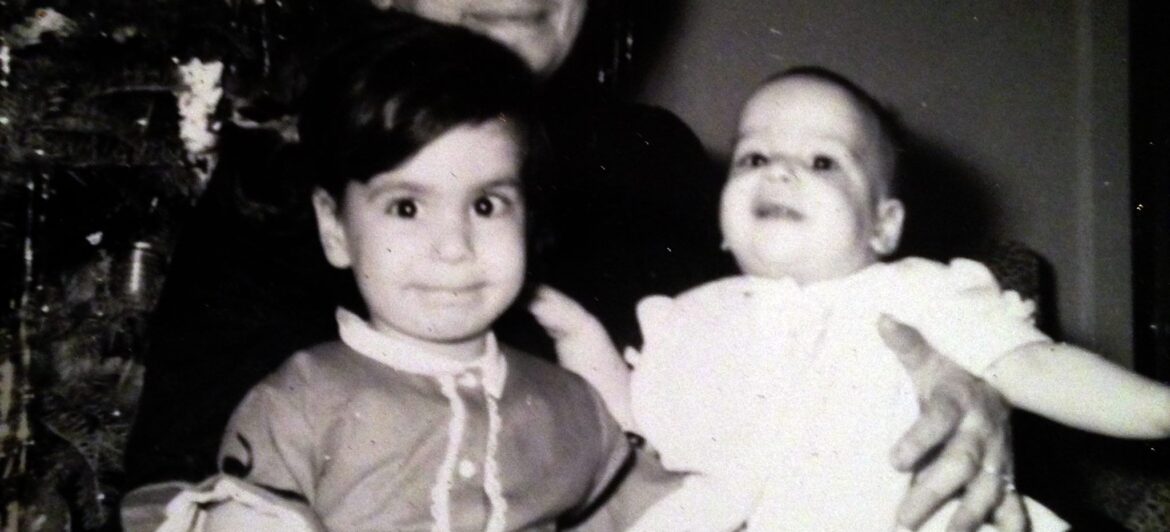My mother loves to tell the story of when she first brought me home from the hospital and my 2-year-old sister was enamored with me. She stood over my bassinet watching me sleep, carefully held my bottle at feeding time, begged my mother to lay me on her lap while she gently touched my cheeks, smoothed my baby fine hair, and kissed my newborn toes. She couldn’t get enough.
And then, two days later, she said to my mother: “Ok, you can take her back now.”
(Spoiler alert: 60 years later, my sister still hasn’t been able to get rid of me. We are each other’s best friend.)
When my daughter was 11, my husband and I decided to adopt a baby. My daughter was thrilled with the idea of becoming a big sister and couldn’t wait for the day we would get the call that every prospective adoptive parent yearns for.
Two years later, it finally happened. We were matched with a young woman who had given birth to a baby girl and was looking to place her with a family of her choosing. We were told to write a letter to the birth mother telling her a little bit about us and ask for a meeting. We were to fax the letter to the hospital as soon as possible.
While my husband and I were scrambling around looking for a piece of paper to write the letter, I noticed that my daughter had disappeared. I went into her bedroom and saw that she was on the floor in her closet, crouched down in a fetal position, crying.
“What’s wrong, honey, are you ok?” I asked.
“I changed my mind,” she cried. “I don’t want you to have a baby.”
I sat down on the floor right next to her in the closet and wrapped my arms around her. And then I told her the story of my homecoming.
“Auntie Pam didn’t want you?” She asked.
“No, she did not,” I said. “And look at us now.”
My sister was like a second mother to my daughter, and the two of us had been best friends our entire lives.
“Take as much time as you need,” I said. “It’s ok to feel scared about this. We all are.”
I went back to the task at hand, writing the letter to our prospective birth mom and gave my daughter the space she needed to grieve about the life she knew was about to change dramatically.
After about 20 minutes or so, she came into the living room with a photograph in her hand. “Here,” she said. “Put this with the letter.”
It was a picture of the three of us together having lunch at a small café. It told a story of our simple, happy family.
We faxed the letter, met the birth mom, and that night came home with our precious baby girl.
I believe it was that picture that made the difference.
This is why stories are important. We share them from one generation to the next. We find commonalities in them. We learn from them. We heal from them.
We don’t know when we’re in the middle of something that later will turn out to be a family story. It may take years, or generations, to be revealed.
I write and share stories about my siblings, my parents, my children, my grandchildren, and many others in our family. And when I do, I find threads running through them, from one person to the next, one generation to the next, that reveals who we are, individually and as a whole.
Are my stories interesting to anyone outside of my family? I would venture to say yes. Because I know by writing and sharing my stories, you might see yourself in them. And you might be inspired to write and share your own.
Stories unite families.
Stories unite our world.

We write to heal. We write to reveal.
We write to leave our legacy.
